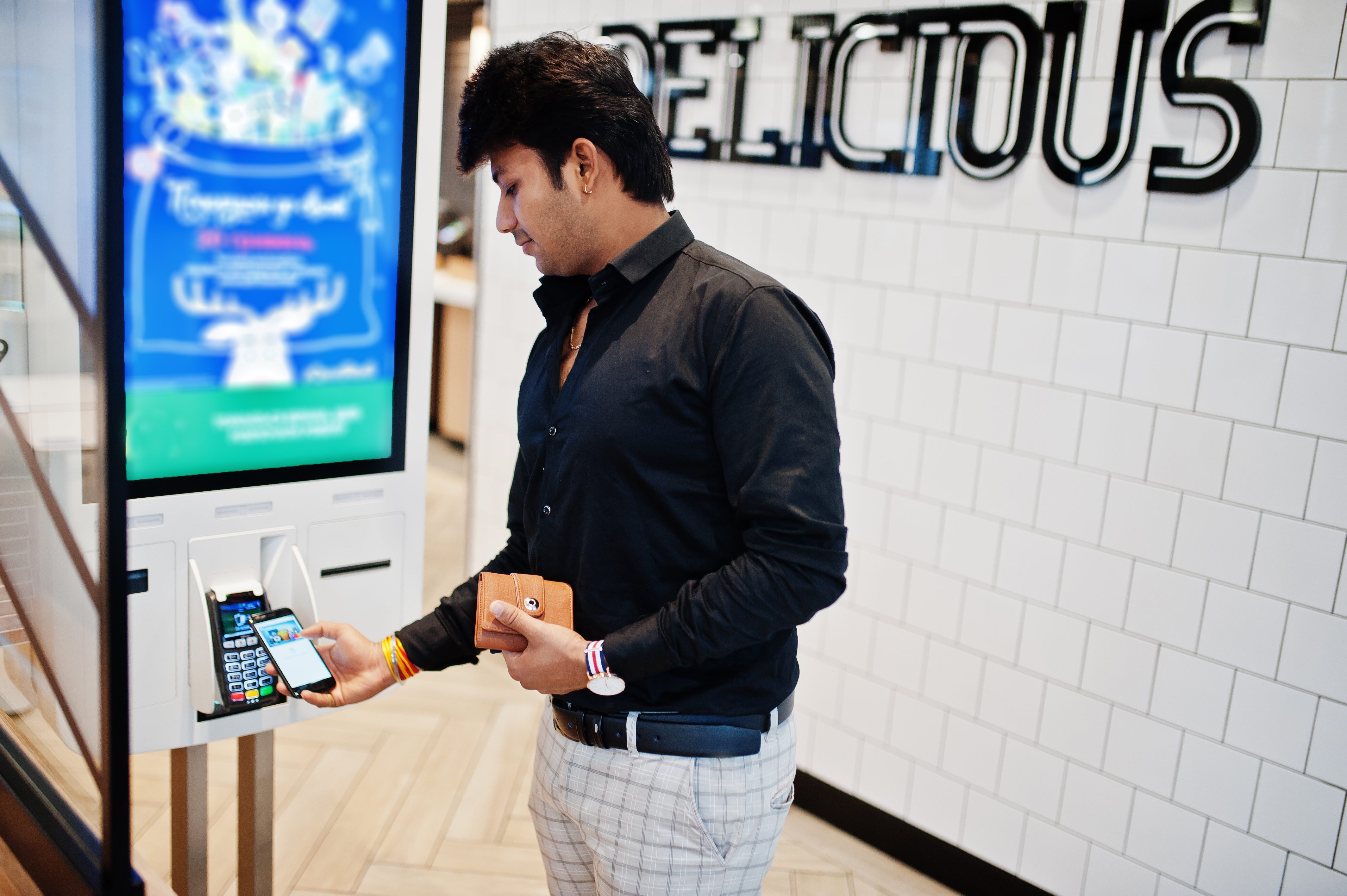
The Rise of Self-Service Retail Technology
Self-service technologies have emerged as retail game-changers in today’s swiftly evolving technological landscape. They redefine convenience and efficiency by shifting customer interactions from traditional person-to-person engagements to automated systems. The spotlight is on versatile solutions such as advanced KIOSK systems, a testament to this evolution. These systems cater to the desire for faster services and offer a personalized shopping journey that empowers consumers to take control of their experiences.
The roots of self-service retail technology can be traced back to the 20th century. What began as simple automated machines in grocery stores and public places has become complex systems integrated across various industries. This historical journey illustrates a slow yet steady shift towards automation tailored to meet the increasing demands of modern consumers who seek speed, personalization, and reliability in their shopping experiences.
Benefits of Self-Service Solutions
Implementing self-service solutions in retail settings provides significant advantages, dramatically altering the traditional shopping narrative. One of the primary perks is cost efficiency, as these systems enable retailers to operate with streamlined staffing. The reduction in personnel doesn’t equate to a decrease in customer service quality; rather, it facilitates a redirection of resources toward enhancing customer interactions and personalization.
Moreover, the focus on customer satisfaction has never been greater. Self-service solutions afford customers the autonomy to navigate processes and complete transactions at their preferred pace, considerably reducing wait times. The significance of such independence is well encapsulated in a Forbes article, which underscores how these innovations foster greater customer engagement. By streamlining the shopping process, businesses can see improved satisfaction rates and stronger loyalty from customers who appreciate the control and speed these systems provide.
Key Components of Modern Retail Kiosks
Modern retail kiosks are hardware and software design marvels built to offer seamless and efficient customer interactions. Key elements include responsive interfaces, secure payment gateways, and robust connectivity options that support various transaction types and customer interactions. Designed for intuitive use, these digital kiosks ensure that any customer, regardless of technological proficiency, can navigate them effortlessly.
Integrating these kiosks within existing retail systems ensures a cohesive operational flow. Such integration allows businesses to manage real-time inventory and gather insightful customer data, optimizing stock levels and enhancing marketing strategies with minimal human oversight. This seamless integration often leads to improved decision-making capabilities for retailers and a continuously optimized shopping experience for consumers.
Enhancing Customer Experience with Technology
Customer experience is at the heart of self-service technology’s design, aiming to offer convenience, speed, and satisfaction. These systems are engineered to be user-centric, with interfaces that are intuitive and straightforward, thus ensuring smooth navigation through the purchasing process. Customers can now experience a hassle-free shopping journey where they can find products, read reviews, and process payments independently.
The ability of these systems to offer tailored shopping experiences is particularly noteworthy. Advanced kiosks utilize data-driven insights to make personalized recommendations, enhancing user engagement. This personalization aspect is explored in depth in a retail customer experience article. By leveraging customer data, kiosks can predict needs and suggest products, thus fostering a more relevant and engaging interaction between the store and its customers.
Challenges and Solutions in Self-Service Retail
Despite the benefits, self-service technology presents specific challenges that retailers must address, particularly regarding data security and system reliability. Handling sensitive customer information requires robust security protocols to avert violations that might undermine client confidence and loyalty. Retailers must implement stringent security measures like encryption and firewalls to protect data integrity and customer privacy.
Additionally, the technical reliability of these systems is crucial. Regular software updates and strong technical support are necessary to maintain system functionality and minimize downtime. This maintenance ensures that the kiosks perform optimally, providing uninterrupted service even during peak times. Investing in comprehensive tech support can significantly reduce customer and staff frustration, providing a smoother operational process.
Future Trends in Retail Technology
Emerging technologies are shaping the future of retail. These technologies promise to revolutionize self-service systems further. These technologies enable kiosks to become smarter, more accurately predicting customer needs and preferences, thus offering a more personalized shopping experience.
Augmented reality (AR) also represents a transformative trend, providing immersive shopping experiences that combine physical and digital environments. By allowing customers to visualize products within their intended usage context, AR eliminates uncertainty and aids decision-making. Retailers adopting AR will likely see enhanced customer engagement driven by these rich, interactive environments.
Real-World Applications of Self-Service Solutions
The real-world implementation of self-service solutions stretches across numerous sectors beyond retail, including healthcare, hospitality, and transportation. Each of these industries has reaped the benefits of self-service technology, noting significant enhancements in customer satisfaction and operational efficiency.
Case studies reveal that businesses incorporating kiosks see improved efficiency and customer experience. These benefits translate into operational success, manifesting in increased sales, customer retention, and market competitiveness. Companies deploying self-service systems streamline their operations and establish themselves as innovative leaders in their fields.
Conclusion: Embracing the Future of Retail
Self-service technology marks a new chapter in the evolution of retail, offering enhanced customer experiences and greater operational efficiency. As technologies advance, retailers equipped with these tools are better able to adjust to evolving market conditions and consumer demands.
By embracing self-service solutions, retailers are not just keeping pace with technological trends but proactively creating new opportunities for engagement, satisfaction, and loyalty. As we move forward, businesses implementing and optimizing these technologies will undoubtedly shape the future retail landscape.


Average Rating